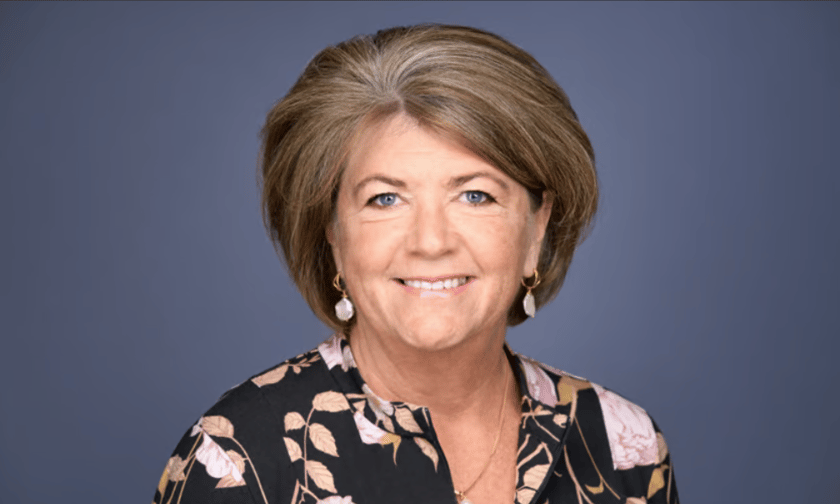

Between rising demand for specialised skills, an ageing workforce, and the changing expectations of younger generations regarding workplace culture, it’s little surprise that the battle for great insurance talent has advanced into a war.
The onus being placed on insurance businesses of all shapes and sizes to invest in providing well-defined progression paths and opportunities for professional growth is clear. What’s also evident is that these programmes must look beyond just traditional metrics of compensation - such as salary and bonuses - if they are to compete with other segments of the financial services industry, let alone further afield.
So, how far has the insurance industry come along the road to embracing the investment it will require to move the dial on attracting, retaining, training and developing the talent pipeline of the future? A positive indication was found in the successful return of the Futures Academy – a two-week initiative created by the London Market Group (LMG), which culminated in a Careers Festival in the Lloyd’s Building on Friday, July 12.
Among the key successes of the 2024 Visionpath x London Insurance Life Futures Academy, the programme received over 500 applications for 150 spaces and delivered six learning days with over 100 market volunteers; from apprentices to CEOs. The Careers Festival capped off a total of 600 placement days to bring together its students to meet approximately 40 market firms, including many leading lights in the London Market.
For LMG CEO Caroline Wagstaff (pictured), the Academy is testament that, “when the market decides to act collectively, it’s a thing of real power.” Promoting the wider London Market as a great place to work is a key area of focus for the LMG, she said, but, as a “trade association of trade associations”, that means finding innovative new ways to complement rather than duplicate the existing efforts of its members.
“We have to speak with one voice and to find where it genuinely makes sense for the market as a whole to do something together,” she said. “When it comes to promoting the market, that’s about looking at how we hire, how we bring young people into the market and, once we’ve got them into the market, how we can make them better at their jobs by providing technical training for them through the Academy.
Wagstaff pointed to the research done by the Lloyd’s Market Association (LMA), led by CEO Sheila Cameron, which highlighted the skills gap emerging in claims - an area of the market ageing even faster than other segments.
Finding new ways to tell a better story about claims is instrumental in creating stronger employer branding among insurance firms and reshaping negative perceptions of the sector as less dynamic or innovative than other elements of financial services. “Eight students from last summer’s cohort have now got jobs in the market,” Wagstaff said. “And the great thing is about half of them are coming into claims roles."
To have people come up through the programme and gain real experience of the London Market – beyond just Lloyd’s – is invaluable, for that to translate into them finding jobs.
The Academy itself is now backed by 50 firms, compared to 30 last year, and supports 150 year 12 students, up from 100 in 2023.
One of the most pressing challenges facing any industry looking to reshape the narrative on talent attraction is the temptation for individual firms to take their foot off the accelerator once they’ve solved the immediate crisis at hand. Going out to schools, sixth-form colleges and universities to evangelise the power of an insurance career is effective and necessary, but it needs to be followed through on, or it’s the equivalent of offering a taster in a supermarket when the product is not available to buy.
“Every year, there’s a whole new generation we need to talk to and convince,” Wagstaff noted. “It’s not like we’re building a soap brand and if somebody becomes a loyal customer, they’ll buy our soap brand for the rest of their life. Every year, we have to do this again and that’s a point I’ve been very clear about with the market – you can’t afford to get bored of doing this. We’re on the treadmill and we have to stay on the treadmill.”
